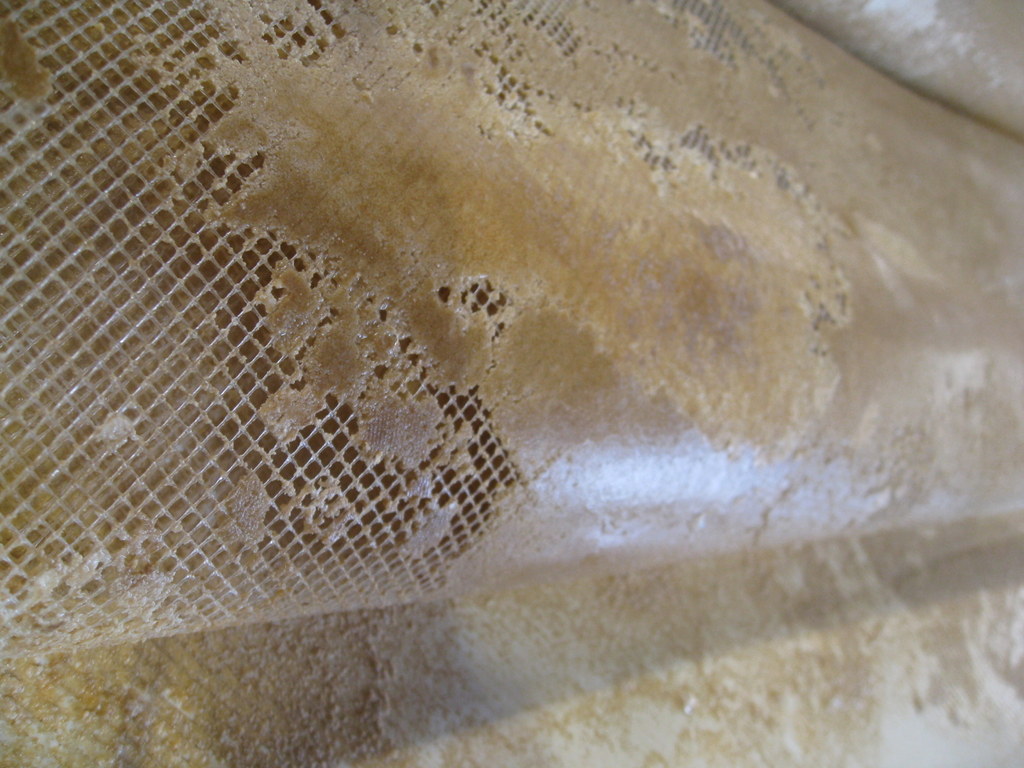
Inefficient cleanings can drastically affect cleaning frequencies, often resulting in overall increased operating pressures and expenses. A cleaning study is an extremely useful tool aimed to ensure optimal cleaning chemicals and procedures are utilized. This helps to ensure longevity and peak performance of your membrane system, while minimizing downtime and operating cost.
Our Cleaning Studies involve a thorough examination of the system process and membrane elements removed from your system. We work in tandem with our clients to select the appropriate elements to be pulled for testing, typically from the lead or tail position. The process includes:
Process Comprehension: In order to properly select chemicals and optimize cleaning procedures, it’s critical to understand your membrane process including: feed water characteristics, pretreatment chemicals and processes, operating conditions, etc.
Fouling Analysis: We often analyze fouled membranes to understand the nature and extent of fouling and scaling, identifying specific contaminants affecting performance.
Cleaning Chemical Selection: Based on the foulant analysis and condition of the membrane, we carefully select and apply our formulated cleaning chemicals to determine their efficacy in restoring performance all while ensuring membrane compatibility.
Procedure Optimization: We optimize cleaning procedures, including concentration, contact time, and application methods, to achieve the most efficient and thorough cleaning results.
Tailored Cleaning Protocols: Cleaning studies allow us to tailor cleaning protocols specific to your membrane system’s fouling characteristics on a small scale offline system instead of making onsite modifications to your full CIP process.
Preventive Maintenance: By identifying effective cleaning agents and procedures, our studies contribute to preventive maintenance, reducing the risk of irreversible fouling and membrane damage.
Enhanced Longevity: The optimized cleaning protocols derived from these studies contribute to the enhanced longevity of your membranes, reducing the frequency of replacements.

TerraMar offers a comprehensive range of specialized chemicals and tailored solutions developed to maximize membrane system performance. By leveraging our innovative solutions and extensive industry experience, customers can improve system recovery, minimize downtime, and extend membrane life. Benefit from TerraMar's experience, rely on our solutions, and elevate your system performance to new heights.
Terramar © 2024 All Rights Reserved.